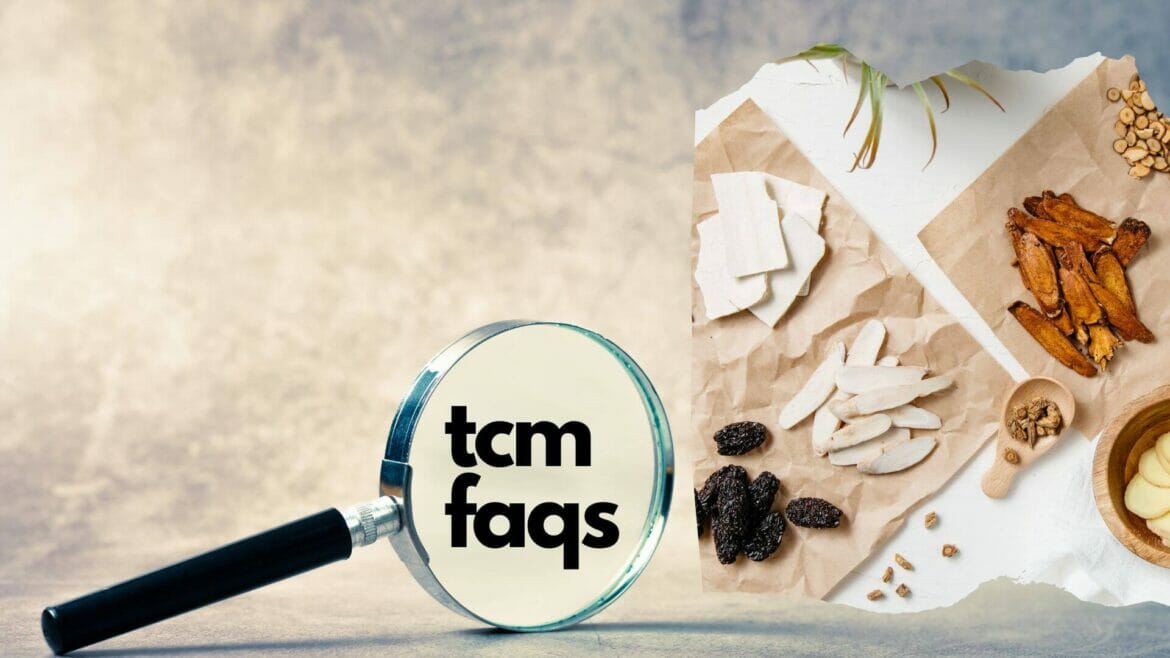Are you thinking of meeting a TCM practitioner to resolve health issues bothering you? Have none of your friends or relatives ever considered TCM, and you are the one to experiment first? Naturally, you are bound to have a few questions about the ancient medicine system, its approach, treatment methods, and safety. Read on for TCM FAQs and get clarity.
Modern medicine has made giant strides in the past century and has tremendously improved the quality of life and life expectancy with effective treatments for various diseases and conditions.
It is equally heartening to see the increasing research on complementary medicine and healing systems such as Ayurveda, TCM, Homeopathy, Siddha, Reiki, etc.
The studies prove the efficacy of these systems, so several hospitals integrate them with their treatments, and people approach such CAM systems for relief from health conditions.
Before trying a complementary medicine system, it is good to know all about it. And here are the frequently asked questions (FAQs) on TCM and the answers for you:
1. What is TCM?
TCM (Traditional Chinese Medicine) is a healing system that originated in China thousands of years ago. This ancient healing system can be the foundation for great, lasting health. The practitioners of TCM use herbal medicines and various mind-body practices to treat health problems.
2. What other therapies/methods fall under TCM?
Some of the various therapies and methods that fall under TCM are acupuncture, Tai Chi, moxibustion, cupping/scraping, Tui Na massage, Chinese nutrition, and Chinese herbal medicines. All these techniques are used to treat diseases and promote overall health.
3. Who is TCM for?
TCM is a holistic healthcare system that can be beneficial for anyone who wants to have better health. TCM can effectively treat health problems such as chronic pain, fatigue, arthritis, liver disease, infertility, headache, indigestion, high blood pressure, hormonal imbalances, chemotherapy, PMS and symptoms of menopause.
4. What to expect while visiting a TCM clinic?
This is probably one of the most common FAQs on TCM. When you visit a TCM clinic, the practitioner will assess your overall health condition. First, she will listen to your medical history. Then, she will measure your temperature and pulse. She will also examine your tongue to perform the diagnosis. And then, the practitioner will design a treatment strategy to improve your health.
5. How does the TCM treatment work?
During diagnosis, the TCM practitioner gathers a lot of data regarding your health and identifies the disharmony present in your body. The treatments are to bring harmony to your mind and bodily functions. The TCM doctor can use a combination of several techniques, such as herbal medicine, therapeutic massage, and acupuncture, to restore your health.
6. Can it be used alongside allopathic treatment?
Yes, you can take TCM treatments alongside allopathic treatment. According to research, TCM reduces the various side effects of allopathic treatment to a large extent and hence is an effective complementary medicine. But, to avoid any unwanted issues, it is best to consult with your healthcare provider if you can use TCM alongside allopathic treatment.
7. Will there be dietary restrictions?
You must eat a healthy diet while undergoing TCM treatment. Well-balanced diets including foods such as cooked vegetables, steamed rice, and small quantities of beans and animal protein are recommended. In addition, you should skip deep-fried food and flour-based products such as wheat noodles and dumplings while on TCM. The Chinese medicine diet will restore balance in your body and make you feel healthy.
8. Are there any side effects to TCM?
TCM is generally safe, especially if an experienced practitioner carries out the treatment. If you follow the recommendations provided to you properly, there is no need to worry about any undesirable effects due to TCM treatment.
We hope the TCM FAQs and the answers raised your confidence in TCM treatments.
To conclude, TCM is a treasure of effective treatments to treat various health problems. However, the most important thing before opting for TCM is to find a reliable expert.
Images: canva.com
